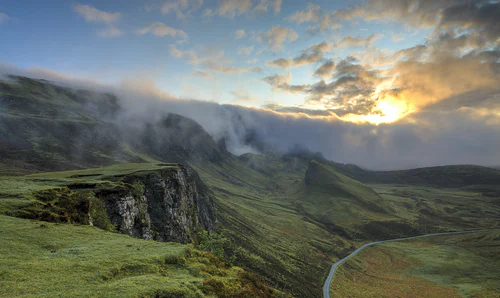
The World’s Most Pressing Population Problems
The world’s population has increased from 1 billion in 1800 to around 7.9 billion today. The five countries with the highest population growth are Syria, Niger, Angola, Benin, and Uganda, four of which are in Africa. By contrast, countries including Latvia, Lithuania and Venezuela experienced population decline between 2015-2020. According to estimations, the global population is expected to reach 8.6 billion in 2030, 9.8 billion in 2050 and 11.2 billion in 2100. The world’s population is estimated to be growing by 1.05 percent per year, constituting an additional 81 million people annually.
Increasing population puts pressure on the Earth’s resources, as demand for goods and services to meet it exerts more pressure on the components of biodiversity—genes, species and ecosystems.
Here are three key challenges faced by our planet as our population increases:
Combating Climate Change
The most prominent of the challenges, with current and future evidence of climate change encroaching more and more on our lives, just as has been long predicted. More people currently means more demand for oil, gas, coal and other fossil fuels drilled or mined from below the Earth’s surface, which when burned, emit enough carbon dioxide (CO2) into the atmosphere to trap warm air inside like a greenhouse.
CO2 has increased from its pre-industrial level of around 280 parts per million (ppm) to an estimated 415 ppm today, with a further doubling of CO2 in the air expected by around 2060. Carbon dioxide contributes to air pollution in its role in the greenhouse effect, the process by which radiation from a planet’s atmosphere warms the planet’s surface to a temperature above what it would be without this atmosphere.
As a knock-on effect of this greenhouse effect, higher temperatures are contributing to many types of disasters, including heatwaves, wildfires, storms, floods, and droughts.
Biodiversity Loss
According to Population Action International’s ‘ Why Population Matters to Biodiversity’ report, population is recognised as an indirect driver of biodiversity loss. Much of the growth expected to be seen in years to come will take place in the humid tropics whose ecosystems are home to the planet’s richest forms of biodiversity.
Household demographic factors, such as household size, have important implications for resource consumption, with rapid increases in household numbers associated with loss in biodiversity. For example, eighty percent of the world’s fish stocks have either been fully or overexploited.
The World’s Land Degradation And Soil Erosion
According to UNESCO, worsening land degradation impacts 3.2 billion people worldwide. This degradation, again caused by human activities, is undermining the well-being of two fifths of the world’s population.
As the population has expanded, more and more land has been cleared for agriculture and other pursuits that degrade the soil, leading to erosion. Half of the topsoil on the planet has been lost in the last 150 years alone.
Less than 25% of the Earth’s land surface has escaped substantial impacts of human activity – and by 2050, IPBES experts estimate this will have fallen to less than 10%. As well as the loss of fertile land, soil erosion has increased sedimentation and pollution in streams and rivers. This causes declines in fish and other species. Degraded lands can worsen flooding as the land is less able to hold onto water.
The health of our soil is a real concern to farmers, agricultural workers and wider communities whose livelihoods depend on quality dirt under our feet and putting healthy food on our plate. Our soil and planet relies on us looking after it, just as it provides nourishment to sustain us.
A slow in population growth is something we must urgently address, as humanity finds itself ever closer to the brink of climate catastrophe. If we do, it will ease pressure off on our precious planet, protecting biodiversity whilst also empowering women and their families. Whether we do, remains to be seen.